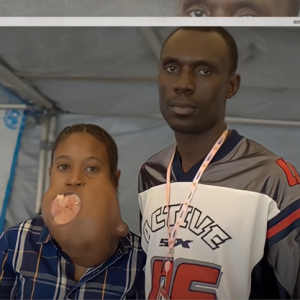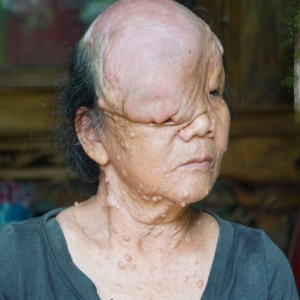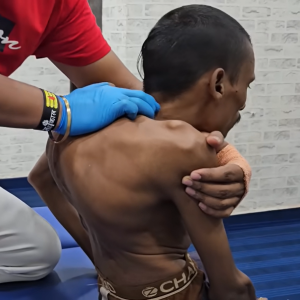
Hong Ha has loaned the American International School Vietnam (AISVN) US$600,000 for her three children to study there freely. But now that the school has stopped operation, Ha does not know what to do.
Ha, who lives in HCMC’s District 7, said she spent $400,000 for her two children to enroll in AISVN five years prior. In accordance with the contract, once her children either graduate or move elsewhere, the money would be returned in full, basically meaning no tuition is needed. As such, three years ago she decided to spend $200,000 more for her third child to study there.
On March 18, AISVN let over 1,200 students stay home amid a teachers’ strike over unpaid salaries and insurance. Ha’s two older children have already been studying at the school for four years, while the youngest just started a month ago.
“This is a great shock to my family for having invested such a large amount of money,” Ha said.
Ha is among many parents who are afraid of losing a lot of money and of their children suffering from education disruption as the school has announced to be in precarious financial situation and unable to cover operational costs.
Hai Anh, the parent of an 11th grader, and Phuoc Nguyen, the parent of two children in 7th and 10th grades, both said they had loaned VND2.5-5 billion ($55,932-111,864) to the school. With the school not running, the students would not be able to continue their education. But if they switch schools, finding a new school with an appropriate program is not easy, and parents would lose the money they had invested in.
Anh’s life has turned upside-down over the last few days due to the debacle. She said teachers have stopped working gradually from three weeks ago, and many days her children came to school only to half the amount of schedule.
She said students’ education have been disrupted, and while she did contact other international schools in HCMC with the International Baccalaureate (IB) program, she couldn’t pick one yet.
An expert with several years of experience managing international schools in HCMC said the IB program is used for admission into several universities around the world. While the program does allow students to switch schools during their school years, doing so is difficult as the new schools must also have specific subjects at the same levels that the students had already been studying in the previous schools.
Combined with the fact that the IB program is considered to be “heavy”, switching schools in the middle of the school year would be tough and is a huge disadvantage for 11th and 12th graders.
The principal of another international school said students may have to retake certain subjects if they switch schools.
HCMC currently has around 35 international schools, of which seven of them teach the IB program. Even if she manages to switch schools for her children, Ha said there would be financial burden involved.
“Parents will have to pay tuition at the new schools, at around VND500-900 million a year. As my child is small, I would need to pay for the next 5-10 years,” she said.
One parent said they were considering switching to a public school, or a private school with bilingual programs. However, they are worried whether their children can adapt to the change well, given how the students have already been taught under an American curriculum in English.
Thu Thuy, the parent of a 7th grader, said she contacted a high-quality public school in District 7, but the school said it does not accept students who switched in the middle of a school year.
An official of the education department said regulations regarding a switch from a foreign to a Vietnamese program are quite complex. The new school would need to take a look at the program being taught for the student, and see if it can meet its demand, as certain subjects are exclusive to the Vietnamese program and vice versa.
Money lost
Nguyen Thi Ut Em, head of AISVN, said she does not remember the exact amount of money invested in the school by parents, adding that only the accountants know it.
In September last year, dozens of people had gathered at the school to demand their payment back, after their students had graduated for over a year.
Le Thuy My Chau, vice director of the HCMC Department of Education and Training, said AISVN would look for investment funds to restructure the school within a week.
Hai Anh, the parent, and a group of around 160 people want to directly converse with the school board, pay more money and try to maintain the school until the end of the year.
“Switching schools right now would not be good for the children’s education. I still want mine to finish the school year in AISVN, before looking for a different school,” Anh said.
Phuoc Nguyen said the measure would not work, as Ut Em had called for donations back in October 2023 to “save the school.” Many people already made additional payments, but the problems persisted. Nguyen is already looking for an exit plan.
Hong Ha meanwhile said she would definitely switch schools. She said she prioritizes her children’s education, and the money at AISVN can be dealt with later.
“There’re two more months until the school year ends, I have to switch to another international school so my children can finish the program. If it takes any longer, the students would have to repeat a year.”










3
ok